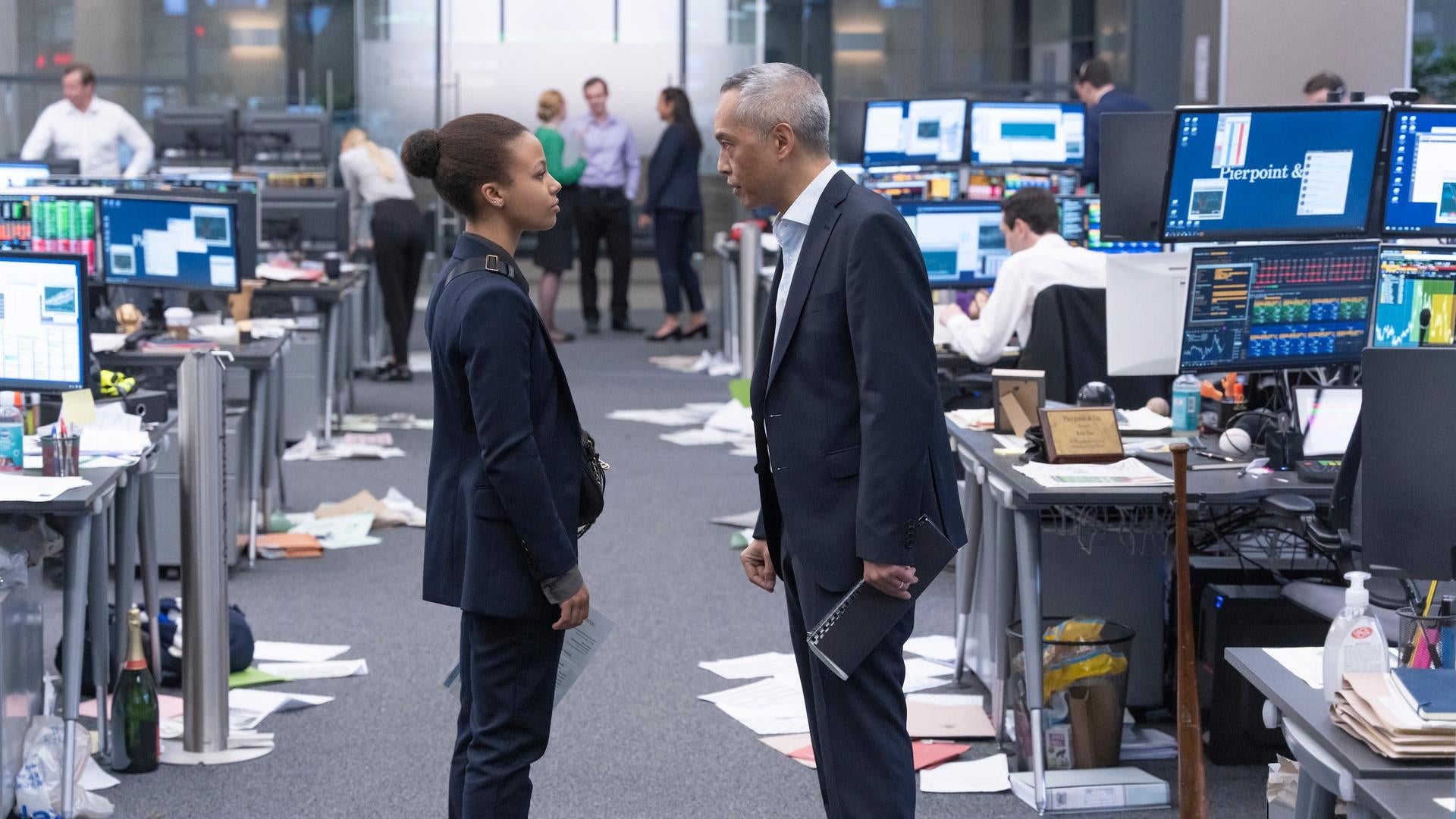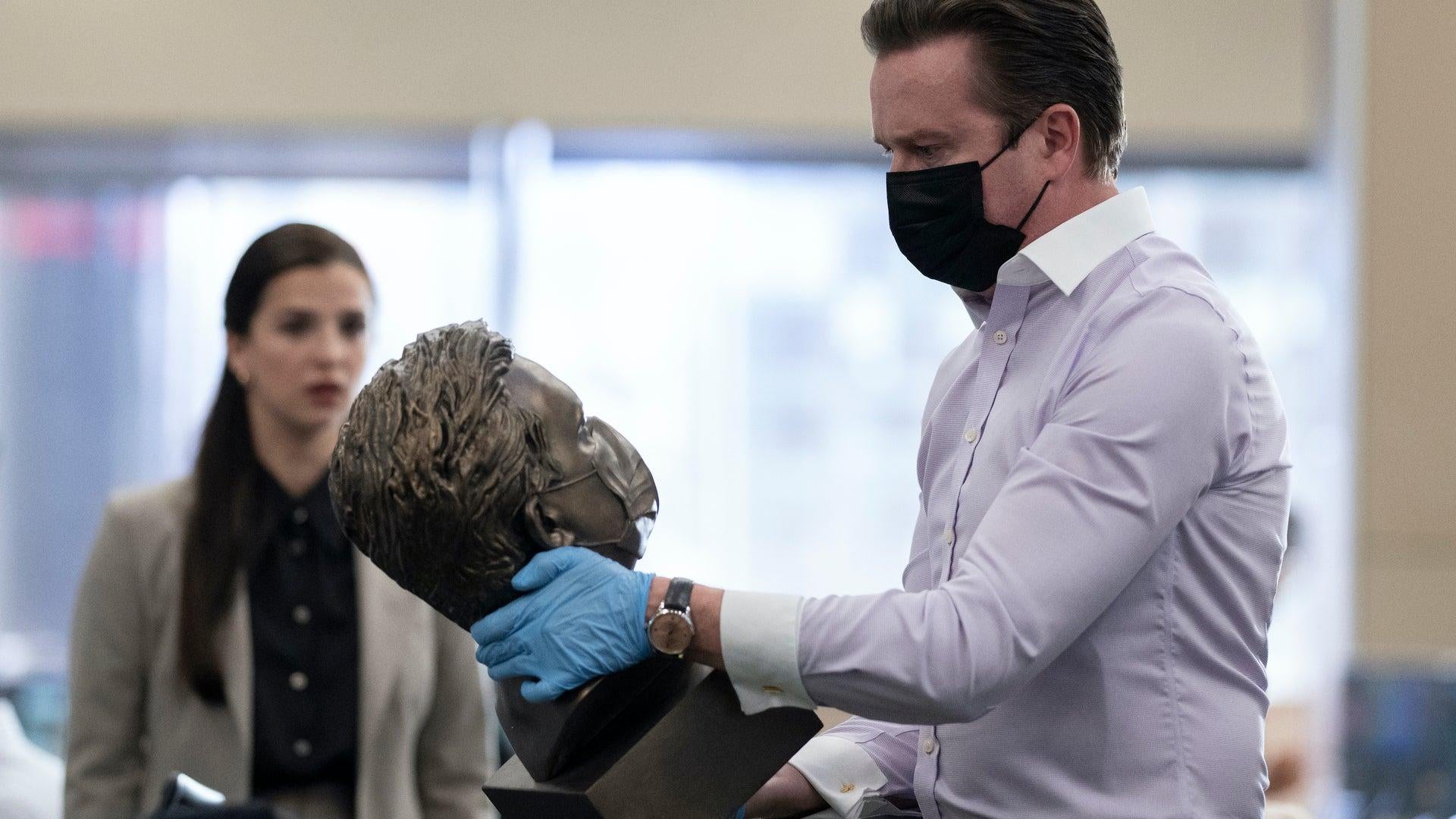HBO’s “Industry” is “Wall Street” meets Gen Z existential office angst
Toxic office politics, Americans in the UK, and how to get rich by knifing your friends all in one series

If you hate at least two characters on Industry, you’re watching it correctly.
Created by former bankers Mickey Down and Konrad Kay, the series takes all the well trodden Wall Street tropes of money-fueled excess and immorality and updates them for the 2020s.
If you have no idea what Industry is, that’s probably just your pandemic blind spot showing. The first season debuted in November 2020 on HBO and BBC Two.
The show follows a group of young professionals attempting to climb the ranks at a prestigious investment bank called Pierpoint. But instead of putting the characters in the familiar confines of New York City, the story is set in London, framing the drama against the backdrop of the more rigid, class-conscious halls of international finance.
Where Billions sketches out how political power intersects with investing, and Succession cartoonishly colors in the details of media empire reality distortion, Industry takes viewers onto the trading floor and shows Gen Z bankers confronted by the toxic culture endemic to much of finance.
A brief history of greed gets an important new entry
Central to 1987’s Wall Street was the story of a finance newbie losing his innocence to an unethical mentors has given way to a fascination with the details around how fortunes are made and lost. Films since, like Boiler Room, Margin Call, The Wolf of Wall Street, and The Big Short have focused more on the allure of finance as the ultimate casino for the smartest gamblers.
Industry reintroduces the innocence lost narrative as the prime mover of the story. It smashes current cultural shifts around race, gender, and identity against the unyielding profit imperatives of banks.

Harper Stern is a smart woman from New York with fabricated university credentials that feed a severe case of imposter syndrome. In public, media heiress Yasmin Kara-Hanani is the target of her supervisor’s unrelenting chauvinism and harassment. In private, she conducts her own power plays over the men in her life. In the season two premiere, Yasmine revealed her own adoption of the finance industry’s male-gaze. At a party, she mistakes a senior bank executive for a high-end prostitute.
And while Eric Tao is initially Harper’s savior, he later becomes the central example of what goes wrong when workplaces reward problematic managers. Nicole Craig is first seen as a pioneer of women in finance, before it’s revealed that she has taken on the harassing habits of some of her male counterparts. The duality of nearly every character is part of what makes Industry difficult to look away from.
Industry’s real main character are its protean office culture plot twists
Industry handling of the pandemic also makes it unique. The series began filming in 2019, when remote work was still rare in office jobs. In season two, the tension of back-to-office plans is on full display.

Harper is wrenched from her New York luxury hotel outpost and plunged back into the London office. Her co-workers are resentful of her resistance to return. One of the employees taking covid precautions in the office is a manager who sits in front of his computer wearing a surgical mask, rubber gloves, and as a macabre punchline shoos anyone who dares stand too close.
Aside from such dark comedic moments, what makes Industry refreshing is its depiction of office culture through the experiences of employees new to the workforce. All the while they’re young professionals grappling with what it means to be true to oneself, and one’s company, in 2022.
Industry airs Mondays on HBO at 9pm US eastern time. The second season is slated to air on BBC One, but details about the timing of the UK release have not been announced.
